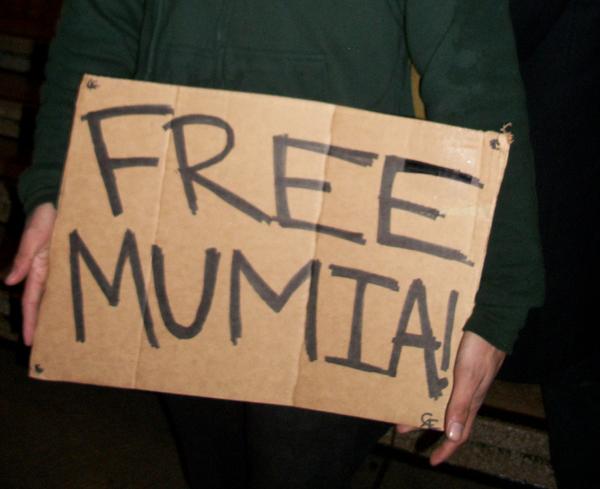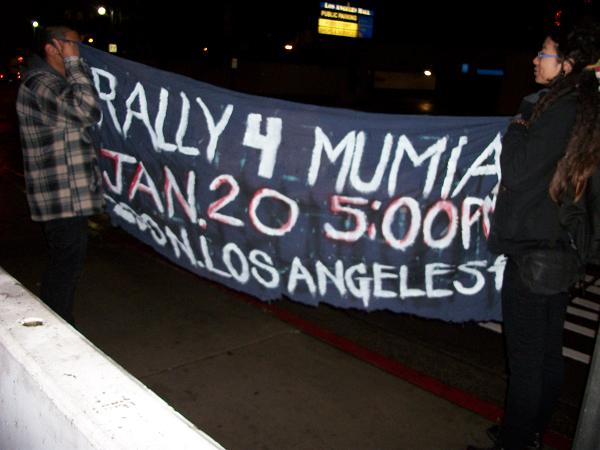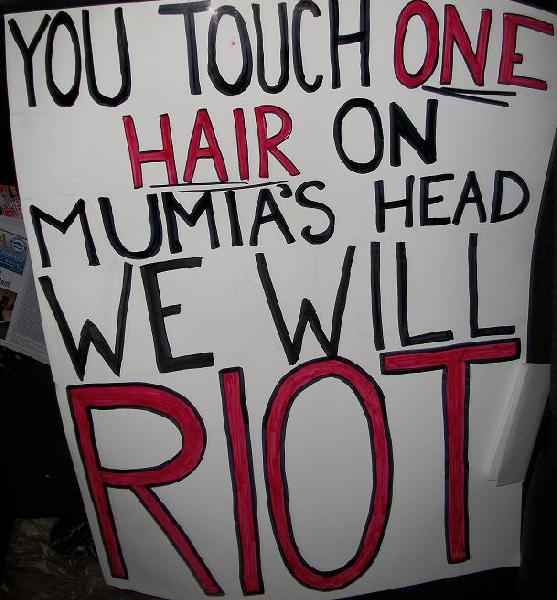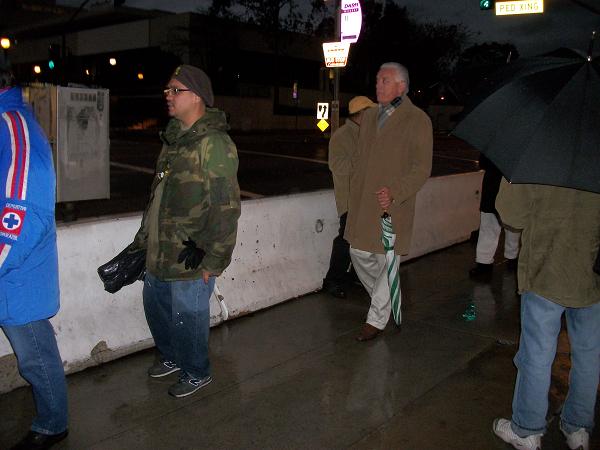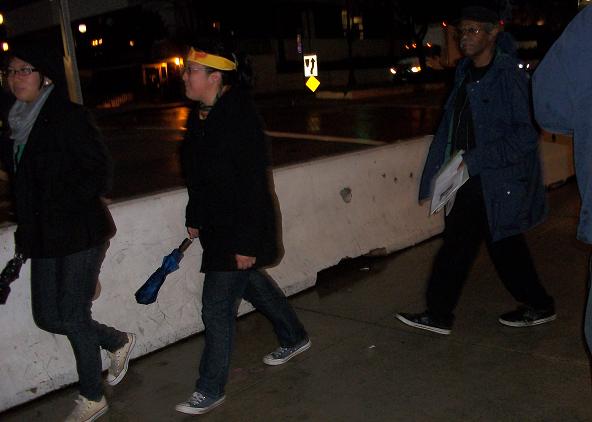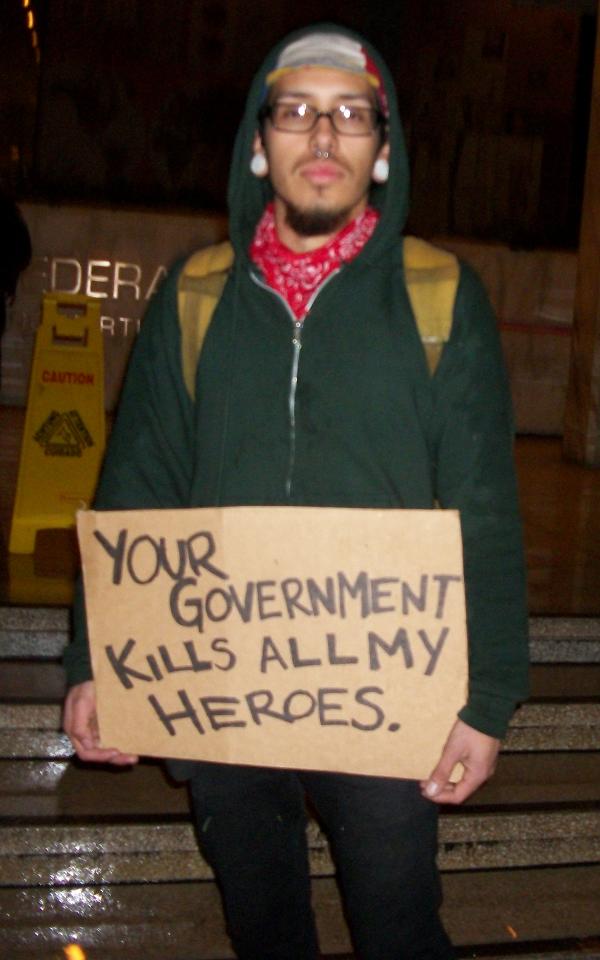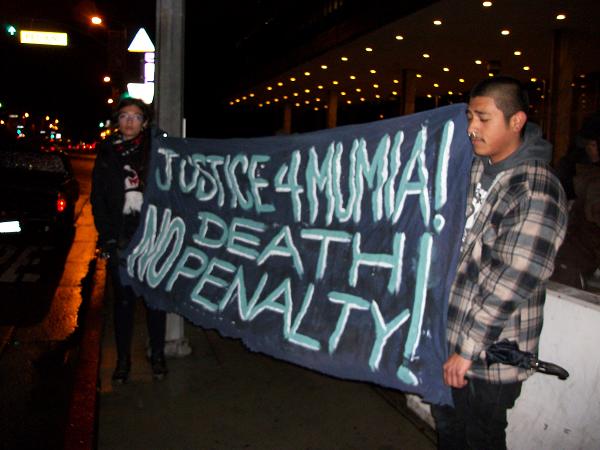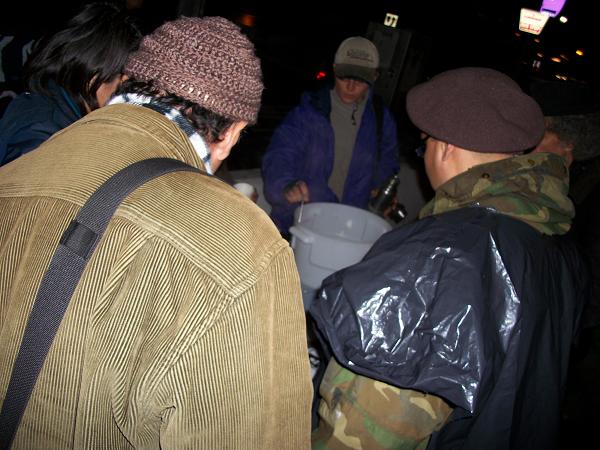| About Us | Contact Us | Calendar | Publish | RSS |
|---|
|
Features • latest news • best of news • syndication • commentary Feature Categories IMC Network:
Original Citieswww.indymedia.org africa: ambazonia canarias estrecho / madiaq kenya nigeria south africa canada: hamilton london, ontario maritimes montreal ontario ottawa quebec thunder bay vancouver victoria windsor winnipeg east asia: burma jakarta japan korea manila qc europe: abruzzo alacant andorra antwerpen armenia athens austria barcelona belarus belgium belgrade bristol brussels bulgaria calabria croatia cyprus emilia-romagna estrecho / madiaq euskal herria galiza germany grenoble hungary ireland istanbul italy la plana liege liguria lille linksunten lombardia london madrid malta marseille nantes napoli netherlands nice northern england norway oost-vlaanderen paris/Île-de-france patras piemonte poland portugal roma romania russia saint-petersburg scotland sverige switzerland thessaloniki torun toscana toulouse ukraine united kingdom valencia latin america: argentina bolivia chiapas chile chile sur cmi brasil colombia ecuador mexico peru puerto rico qollasuyu rosario santiago tijuana uruguay valparaiso venezuela venezuela oceania: adelaide aotearoa brisbane burma darwin jakarta manila melbourne perth qc sydney south asia: india mumbai united states: arizona arkansas asheville atlanta austin baltimore big muddy binghamton boston buffalo charlottesville chicago cleveland colorado columbus dc hawaii houston hudson mohawk kansas city la madison maine miami michigan milwaukee minneapolis/st. paul new hampshire new jersey new mexico new orleans north carolina north texas nyc oklahoma philadelphia pittsburgh portland richmond rochester rogue valley saint louis san diego san francisco san francisco bay area santa barbara santa cruz, ca sarasota seattle tampa bay tennessee urbana-champaign vermont western mass worcester west asia: armenia beirut israel palestine process: fbi/legal updates mailing lists process & imc docs tech volunteer projects: print radio satellite tv video regions: oceania united states topics: biotechSurviving Citieswww.indymedia.org africa: canada: quebec east asia: japan europe: athens barcelona belgium bristol brussels cyprus germany grenoble ireland istanbul lille linksunten nantes netherlands norway portugal united kingdom latin america: argentina cmi brasil rosario oceania: aotearoa united states: austin big muddy binghamton boston chicago columbus la michigan nyc portland rochester saint louis san diego san francisco bay area santa cruz, ca tennessee urbana-champaign worcester west asia: palestine process: fbi/legal updates process & imc docs projects: radio satellite tv |
printable version
- js reader version
- view hidden posts
- tags and related articles
Free Mumia! Los Angeles Rejects High Court's Rulingby Rockero Thursday, Jan. 21, 2010 at 11:26 PMrockero420@yahoo.com Wednesday, January 20, 2010
In front of the federal building in Downtown Los Angeles, the congregants carried signs demanding freedom for the former Black Panther and shouted chants such as "He was framed! You know it! Fuck that shit! He didn't kill that pig!" and "Brick by brick, wall by wall, we're gonna free Mumia Abu-Jamal!" They even spontaneously improvised on an old spiritual tune, singing:
Free Mumia, Free Mumia Abu-Jamal, Free Mumia, We need the brother by our side. After several rounds of the song, the building's security agents came out and ask, "Who's the initiator of this?" "We're all initiators," one youngster challenged. He explained that those who had taken shelter from the rain beneath the eaves of the building were not permitted to be on the property and that they had to step onto the sidewalk. The crowd, which included Nativo López of the Hermandad Mexicana, Michael Novick of Anti-Racist Action-Los Angeles, as well as members of the Busrider's Union, the Brown Berets, the Sparticist League, and numerous anarchists and independent activists, formed a picket line and continued their chants. Some of those present began to discuss the case. One man in particular criticized the efforts of activists who seek to liberate Abu-Jamal through legal means and through political pressure on Obama and his Attorney General Eric Holder. "They are reformists, and reformism is another enemy in our struggle!" One comrade opined, "It's obvious that it's beyond just Mumia. It's the whole prison complex we've built into our society. It's completely sickening. So I'm for tearing down all the prisons! All of them!" Another speculated, "There's only two ways to liberate Mumia. Either Obama and Holder are gonna have to intervene, or we're gonna have to liberate him ourselves. And neither seems likely right now." Suddenly, members of the collective Food Not Bombs, an organization that uses direct action against hunger and in favor of peace, arrived. They feed the hungry, whether they are homeless or activists in the struggle. They brought a pot of hot rice and beans and a pitcher of green tea. Everyone ate and began conversing. The arrival of these women and their distributing of food opened a space to talk with old friends and meet other members of the movement, something that would likely not have taken place had they not arrived. Currently, there are more than 100 political prisoners, according to the website prisonactivist.org. Additionally, there are more than 3,000 prisoners on death row nationally, and according to the Death Penalty Information Center, between 2000 and 2007, a yearly average of five death row prisoners have been exonerated pf their supposed crimes, which sends a sharp signal that the death penalty is poorly implemented.
Report this post as:
2by Rockero Thursday, Jan. 21, 2010 at 11:26 PMrockero420@yahoo.com
"Rally for Mumia January 20"
Report this post as:
3by Rockero Thursday, Jan. 21, 2010 at 11:26 PMrockero420@yahoo.com
"You touch one hair on Mumia's head and WE WILL RIOT!"
Report this post as:
4by Rockero Thursday, Jan. 21, 2010 at 11:26 PMrockero420@yahoo.com
Nativo López, Brown Berets
Report this post as:
5by Rockero Thursday, Jan. 21, 2010 at 11:26 PMrockero420@yahoo.com
Activists, members of the Bus Rider's Union
Report this post as:
6by Rockero Thursday, Jan. 21, 2010 at 11:26 PMrockero420@yahoo.com
"Your government kills all my heroes"
Report this post as:
7by Rockero Thursday, Jan. 21, 2010 at 11:26 PMrockero420@yahoo.com
"Justice for Mumia! No Death Penalty!"
Report this post as:
8by Rockero Thursday, Jan. 21, 2010 at 11:26 PMrockero420@yahoo.com
Food Not Bombs
Report this post as:
|



